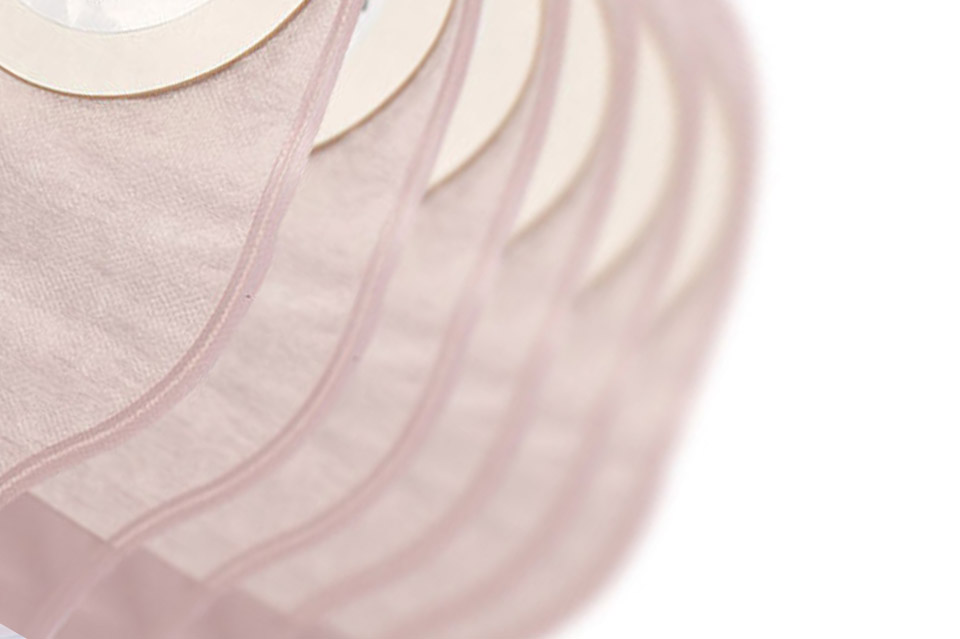Your Preoperative Assessment
Depending on your hospital you will probably be offered a pre-op assessment a few days/ weeks prior to your stoma surgery.
This assessment will involve a meeting with your surgeon to discuss any last minute concerns regarding your upcoming surgery, discuss the risks and make sure you fully understand the procedure and sign the consent forms. You may also meet the Anaesthetist to discuss your options for post surgery pain management.
A nurse will take some blood to check that you are physically well for surgery and an ECG (Electrocardiogram) may be performed to check your heart rhythm. This is a simple and painless test that involves having little sticky sensors placed at various pulse points on your chest, arms and legs. These sensors then record your heart’s rhythm and electrical activity.
You may also be given a combination of laxatives to take home in order to clear the bowel the day prior to your surgery. This isn’t essential and many surgeons choose not to do this as cleansing the bowel can cause you to lose vital minerals and electrolytes needed to maintain health. Your surgeon will be able to advise on whether preparing the bowel in this way is best for you prior to your surgery.
Marking your stoma site
Either during your preoperative assessment or on the day of surgery itself, your stoma nurse or a Colorectal Nurse Specialist will examine your abdomen and mark in ink the best position for your stoma. Usually a colostomy will be sited on the left hand side of your abdomen and an ileostomy/urostomy located on the right hand side of your abdomen. Your nurse may ask you some questions such as what type of clothing you generally wear and choose a site where the skin is as smooth, without dips or creases to make placing pouches on the skin as trouble free as possible.
The day before surgery
The day before surgery you will need to follow your bowel preparation instructions if they have been provided. You may be required to spend the night before your surgery under observation in hospital. You will need to refrain from eating and drinking at least 6 hours prior to surgery but the hospital will confirm the exact requirements.
What to take into hospital with you
It’s a good idea to take in with you pyjamas/ nightdresses and a dressing gown, a selection of books and magazines, a tablet or music device plus some headphones, slippers, a small bottle of squash if you want to add flavour into your water. Earplugs are also helpful if you are a light sleeper. Remember to also take any medication that you need in it’s original packaging.
On the day
On the day of your operation you may be given a special shower gel to use to clean your skin. You will then be given a hospital gown and compression stockings to get changed into. You will be asked to make sure that all makeup, nail varnish, jewellery and any loose accessories such as dentures, glasses, contact lenses and hearing aids are all removed prior to surgery. You will then be transported down to theatre on a trolley. You will most likely be placed in a special pre-op room where you will be administered your anaesthetic for the surgery. If you are having an epidural, this will also be placed prior to your operation. To administer the anaesthetic a cannula will be placed into a vein in the back of your hand.
You will be supported with how to manage your stoma, find out more in our stoma care hub.








